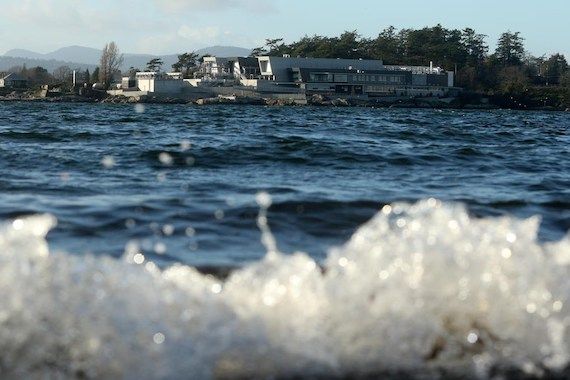However, INSPQ notes that monitoring in wastewater is still in its infancy and that more studies and trials are needed. (Photo: The Canadian Press)
Quebec scientists argue that monitoring COVID-19 in wastewater may be of public health benefit for detecting and explaining the disease’s circulation in the population.
In a document sent on Wednesday, the National Institute of Public Health of Quebec (INSPQ) wrote that wastewater monitoring appears to be a more useful monitoring tool to serve as an early warning when there is a rapid increase in cases, particularly when the severity of clinical examination is reduced, as It is currently the case.
However, INSPQ notes that monitoring in wastewater is still in its infancy and that more studies and trials are needed.
In addition, the institute document covers the literature that was produced from November 2019 to February 2021. It therefore cannot deal with the introduction of various variants of the COVID-19 virus that has emerged since then.
Since the start of the COVID-19 pandemic, researchers in several regions of Canada have pledged to monitor the content of wastewater, noting small traces of the virus in order to follow its progress.
Dr. Christopher Moody, an infectious disease specialist at the University of Calgary, recently reported that a polymerase chain reaction (PCR) test diagnosis would be barely one-sixth or one-eighth of the actual number of cases and that this gap could grow with people who rely on rapid tests and those who are not tested.
Then Dr. Moody noted that wastewater analysis could help partially compensate for the lack of data. In her view, it is a very useful tool in assessing the magnitude of the disease burden.
In Quebec, a six-month pilot project on the study of wastewater, funded by the Quebec Research Fund, the Molson Foundation and the Trotier Family Foundation, ended early last month. Professor at Polytechnic Montreal, Sarah Dorner, explained that there was no more funding to continue.
Professor Dorner reported that before the project expired, her team had observed a rapid increase in SARS-CoV-2 in Montreal wastewater.

“Subtly charming problem solver. Extreme tv enthusiast. Web scholar. Evil beer expert. Music nerd. Food junkie.”

